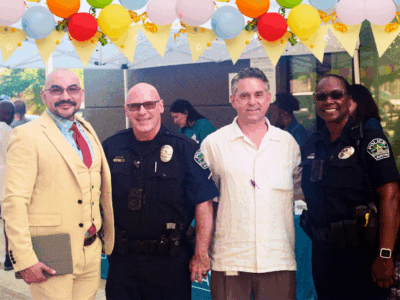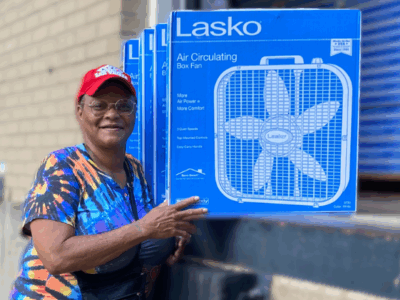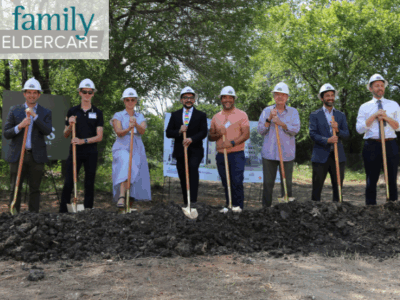What do social workers do?
March is Social Workers Month, but do you know what they do? Simply put, they are professionals dedicated to removing barriers that keep us from living better lives.
Social Workers build relationships.
This year’s Social Workers Month theme: Social Work Breaks Barriers, is a great reminder that no matter their specialization, all social workers are relationship-builders. Because you can’t break down barriers until you work to understand what they are and why they exist.
Building relationships with the Deaf community:
Let’s talk about building relationships with someone from the Deaf community as an example. Have you ever met a Deaf person before? Do you know American Sign Language (ASL)? Do you know anything about Deaf culture? For most of us, the answer is no.
Now, imagine being a Deaf person in a world full of hearing people. Imagine trying to ask for help. It’s likely that every time you meet a hearing person, you are the first Deaf person they’ve ever met. Imagine how exhausting and nerve wracking it must be to navigate the world when most people can’t communicate directly with you.
Deaf culture is a very open, welcoming community. Here are a few simple ways you can break barriers with someone from the Deaf community.
- If the Deaf person has an interpreter, speak directly to the Deaf person just as you would a hearing person. Don’t speak to the interpreter. If there is no interpreter available, just write everything down.
- Someone who is Deaf has a different sense of physical space. Culturally, they will likely tap you on the shoulder, get closer to you, and typically have more exaggerated body movements. They are not trying to be invasive or aggressive. They use body movement to communicate.
- Deaf people can be very direct and blunt. Brace yourself and know that they are not being rude.
- This community is often taken advantage of due to their level of Deafness and may be resistant to trust you. Talk with them, learn their history, and know it may take time to gain their trust.
- The Deaf community is tight-nit and likely to have an entire support system already in place.
- Communication is key. When writing emails be direct. Sometimes it takes multiple emails to ask a couple of questions. Remember, English is their second language. Frustration is a part of the process.
And, if you’re really interested in building relationships, learning the simple American Sign Language alphabet, is a great place to start. In fact, just knowing the ASL alphabet and fingerspelling can take you a long way in a conversation even if you aren’t fluent in ASL. There are many free, interactive online resources available to help you learn ASL through videos and simple demonstrations. We list a few at the end.
In honor of National Social Work Month (and beyond), we hope you too try to break some barriers. Get to know communities that you may not understand. Be a relationship-builder. Just like a social worker.



